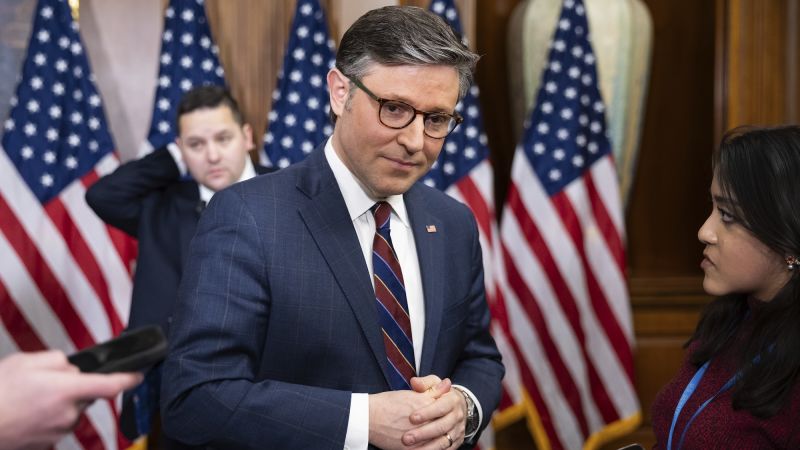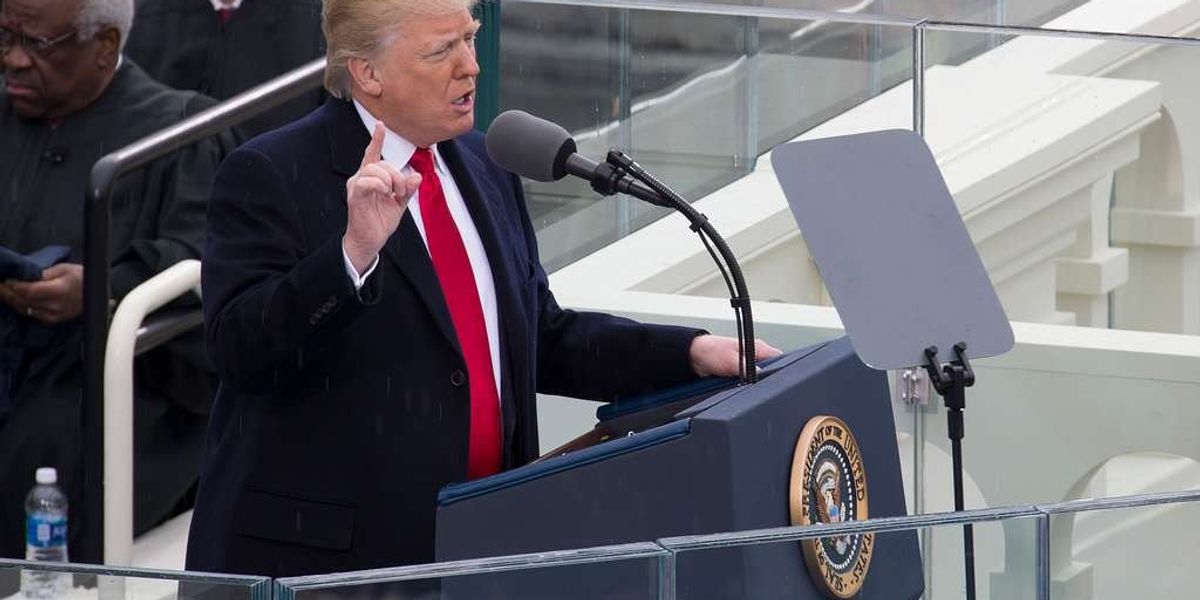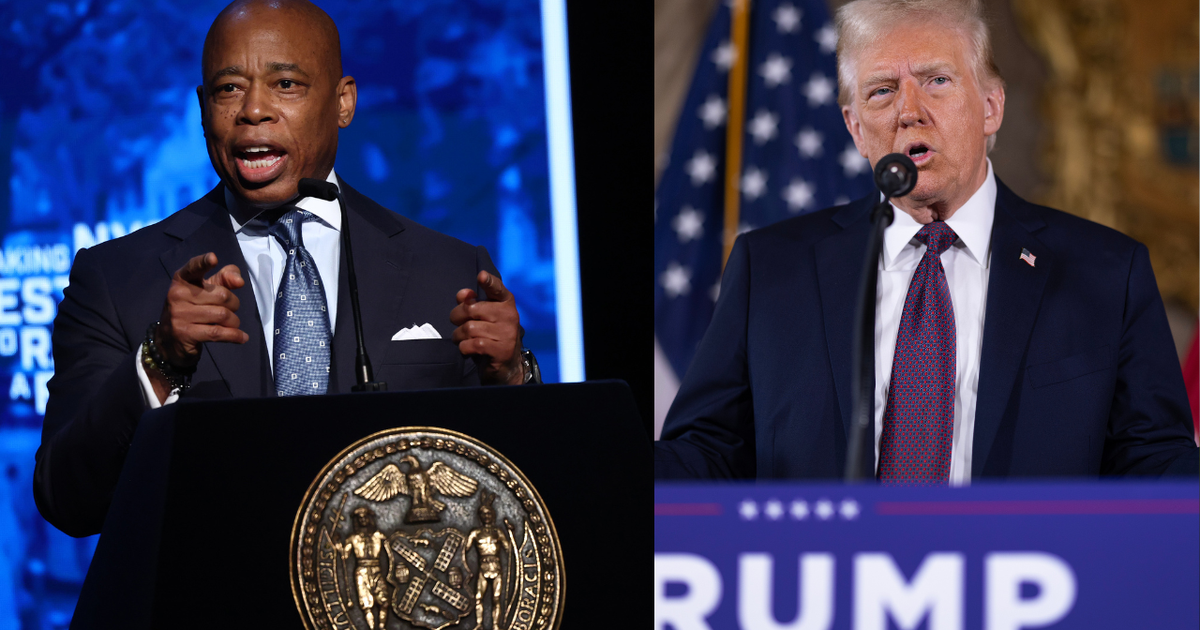A federal judge, in a hearing Friday, appeared likely to block Attorney General Merrick Garland from releasing special counsel Jack Smith’s final report on Donald Trump’s alleged retention of classified documents to select members of Congress.
U.S. District Judge Aileen Cannon, who dismissed the case last year based on the constitutionality of Smith’s appointment, is considering whether to prevent Garland from allowing the chairmen and ranking members of the House and Senate Judiciary Committees to view the volume of Smith’s report covering his probe — with Friday’s hearing serving as epilogue to the criminal case that legal experts say once posed the most significant legal threat to the former president.
Cannon, in court, suggested it would be “premature” to allow the congressional members to see the report while the Justice Department continues to appeal the case against Trump’s former co-defendants.
“There is really no way this court can do anything or enforce anything about leaks,” Judge Cannon said. “What can I do if somehow this report gets leaked?”
Lawyers for Trump’s former co-defendants, longtime aide Walt Nauta and Mar-a-Lago staffer Carlos De Oliviera, argued that the leak of the report’s contents would be inevitable if the members of Congress are able to review the report, which would then harm their client’s ability to have a fair trial should the DOJ succeed in its appeall.
Nauta’s attorney, Stanley Woodward, said he has “virtually zero” confidence that Democratic Rep. Jamie Raskin — who serves as Ranking Member of the House Judiciary Committee — would respect the confidentiality of the report.
“He has every expectation to talk about what’s in the report,” said Woodward, arguing the only thing preventing him from sharing the report’s contents is “scout’s honor.”
Republican presidential nominee former President Donald Trump speaks during a campaign event, Sept. 25, 2024, in Mint Hill, N.C.
Evan Vucci/AP
While DOJ lawyer Elizabeth Shapiro argued that the defense argument relied on “speculation of speculation” about a potential leak, Judge Cannon appeared to agree with the defense’s concerns and described the limited release of the report as “premature.”
“At the end of the day, what is the upside of doing this now rather than waiting until the matter is concluded?” Judge Cannon asked.
Shapiro argued that the attorney general historically had has the right to release the report at his discretion, though she acknowledged the time sensitivity is because Garland’s time in the position “is limited.”
John Lauro, an attorney for Trump, also joined the defense’s push to block the report, arguing that the DOJ is trying to release an “unprecedented” and “incomprehensible” report.
“They want to make history today by releasing that information,” Lauro said, calling the DOJ a “weaponized political weapon.”
Lauro argued that Trump’s ongoing interest is both institutional as the incoming president and personal as a former defendant who theoretically could face another prosecution since Smith’s appeal was dismissed without prejudice.
Judge Cannon appeared interested in that argument in particular, confronting Shapiro about the seemingly incomprehensible possibility of another case being brought in the future.
“To this day, is the Department of Justice ruling out charging the president-elect?” Judge Cannon asked.
“I can’t speak to that, your honor,” Shapiro said.
“So, you’re uncertain at this point?” Cannon asked.
“I don’t know,” said Shapiro, who only recently appeared as a lawyer in the case.
It was unclear if Cannon would issue a ruling on Friday.
Earlier this week, Garland released the first volume of Smith’s report related to Trump’s alleged efforts to overturn the results of the 2020 election while withholding the second volume related to classified documents because an appeal of that case for Trump’s former co-defendants is ongoing.
Trump pleaded not guilty in June 2023 to 37 criminal counts related to his handling of classified materials, after prosecutors said he repeatedly refused to return hundreds of documents containing classified information. The former president, along with Nauta and De Oliveira, also pleaded not guilty in a superseding indictment to allegedly attempting to delete surveillance footage at Trump’s Mar-a-Lago estate.
Lawyers for the Department of Justice and U.S. Attorney Markenzy Lapointe have downplayed the risks of releasing Smith’s report on the case, arguing in court filings that the sensitive work products of other special counsels have been reviewed by members of Congress using secure protocols. The four members of Congress who would access Smith’s report would be bound by confidentiality, and would be limited to an on-camera review of the report in which they would be prohibited from taking notes.
“[T]his argument rests entirely on conjecture and disregards the options available to the Court to protect the Defendants from prejudice were this speculative chain of events to come to pass,” prosecutors argued.
While Judge Cannon cast the legitimacy of Smith’s appointment into doubt, prosecutors have argued that the question of releasing the report no longer relates to Smith — who resigned last week after handing the report in — and is fully in the hands of Garland.
“The Attorney General thus has authority to decide whether to release an investigative report prepared by his subordinates,” prosecutors said in a filing.
















